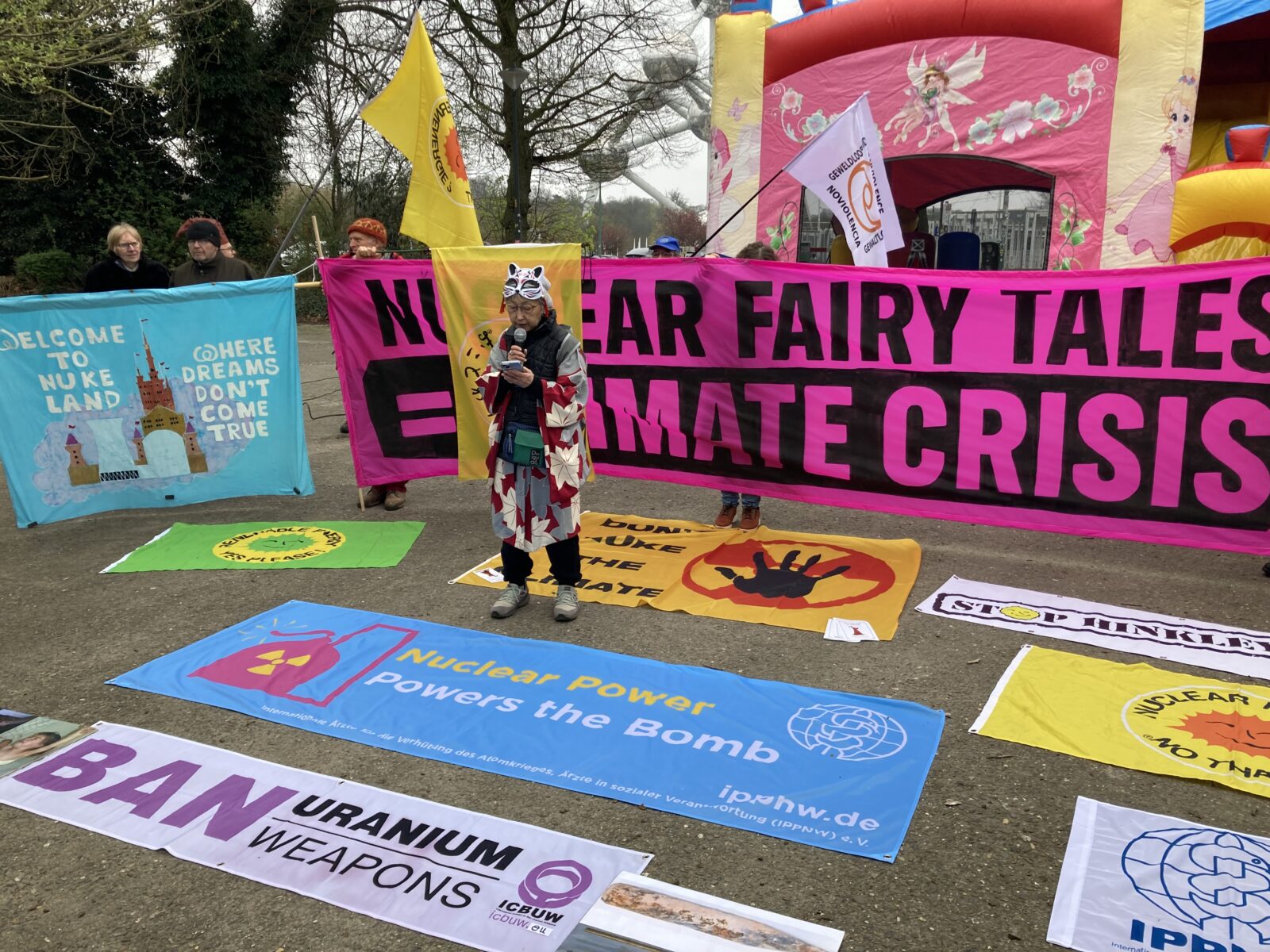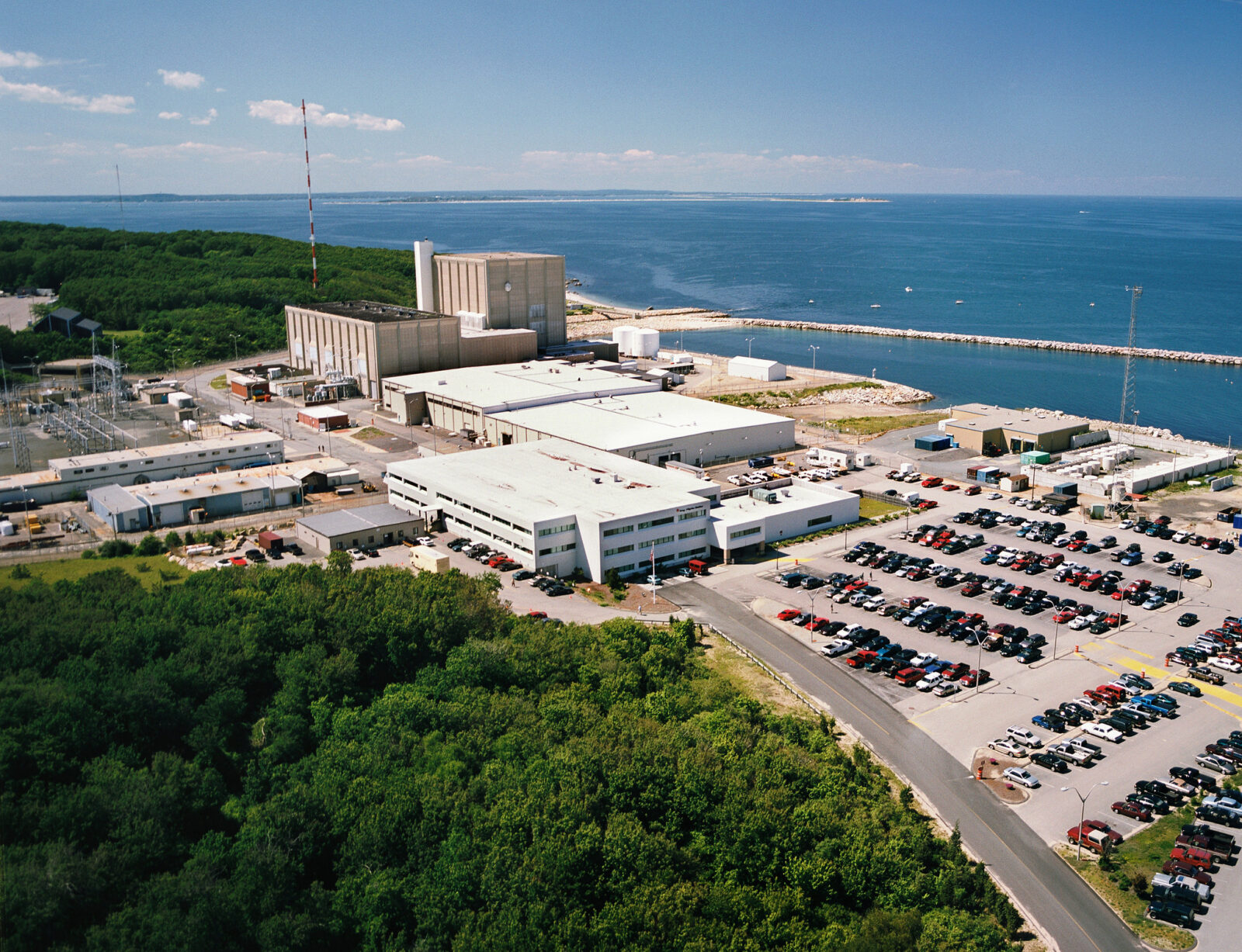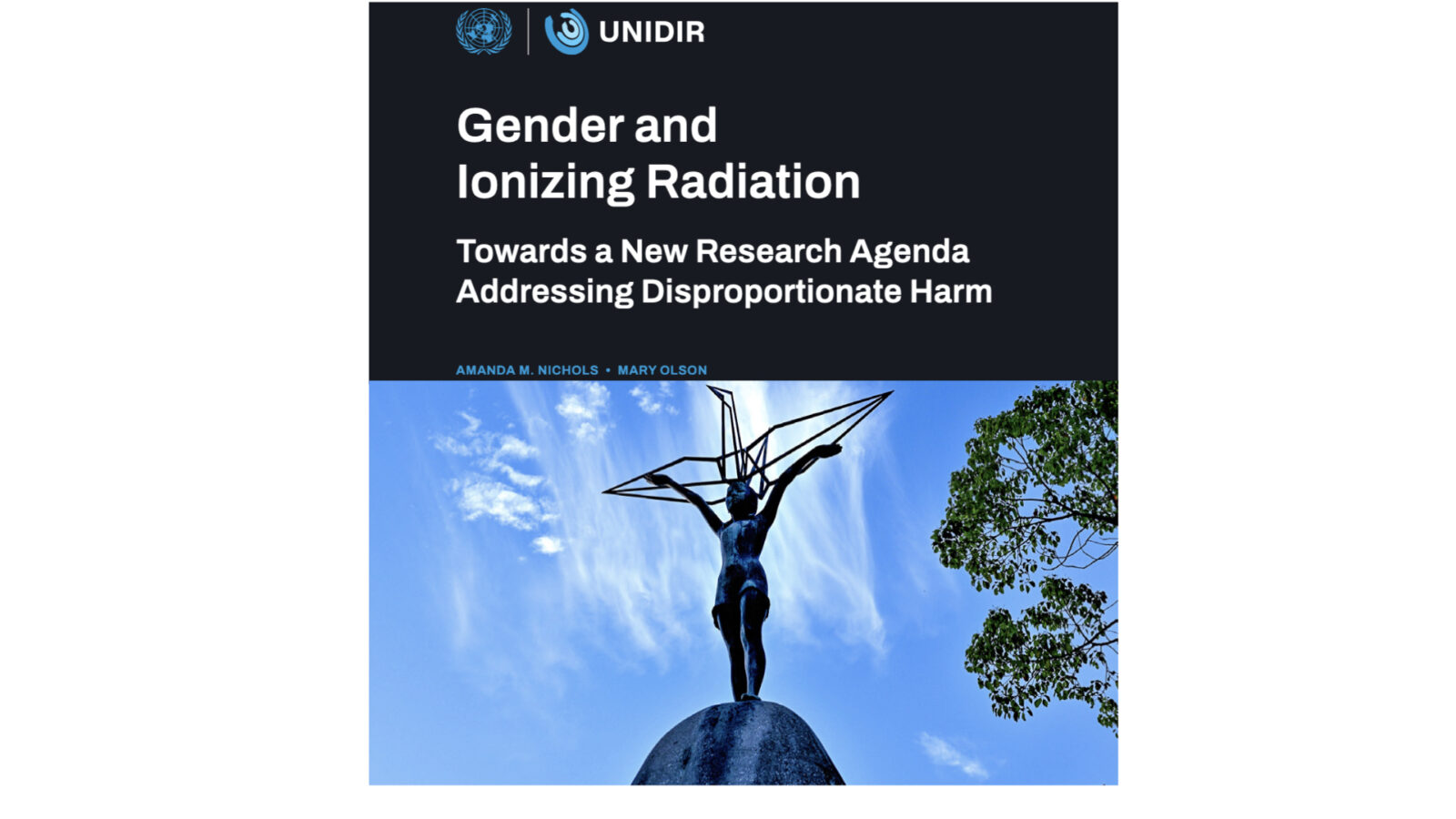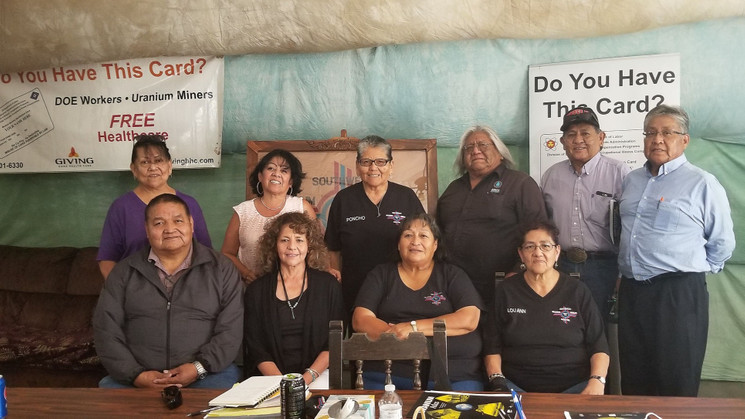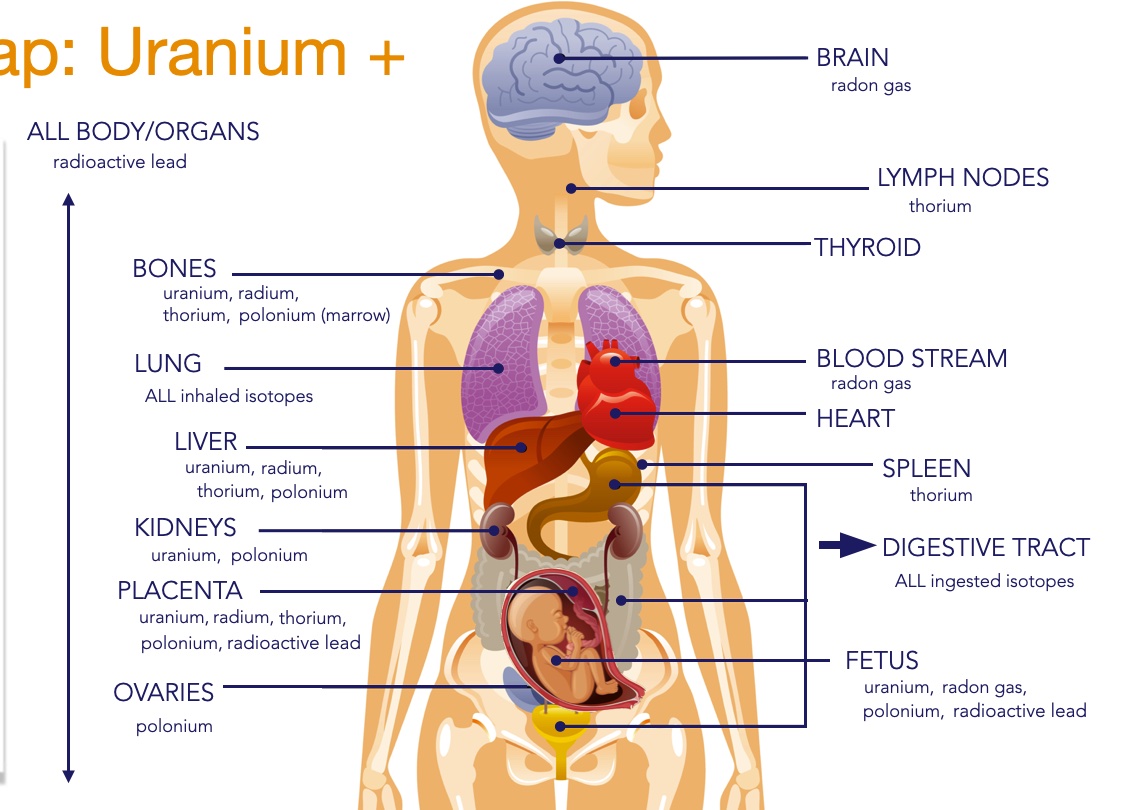Health Impacts
Beyond Nuclear annual report
The Beyond Nuclear Annual Report for 2024, a brief overview of some of the highlights of our work last year, is now available for download here. The annual report focuses on our work to stop extreme reactor license renewals; to draw attention to the Nuclear Regulatory Commission’s reckless decision to ignore the likely impacts of…
Read MoreWEBINAR: Exposed – New book sheds light on radiation science
The Scientists Who Alerted Us to the Dangers of Radiation, a new book by Ian Fairlie and Beyond Nuclear’s Cindy Folkers, will have its Canadian book launch and webinar, hosted by Canadian advocacy groups on Thursday, January 16 noon – 1 ET. Both authors will be present for discussion and questions. This book reveals that the…
Read MoreStudy shows radioactive wastewater would linger
Any radioactive wastewater discharged from the decommissioning Pilgrim nuclear power plant on Cape Cod Bay would linger in the bay potentially for months rather than drift out to sea, a new study from the Woods Hole Oceanographic Institution has revealed. “We found virtually no out-of-the-Bay transport in winter and fall and slightly larger, but still…
Read MoreBroken hearts: Uranium’s cardiovascular impact
Uranium is commonly found in drinking water throughout the United States. It is a special concern in communities in the United States Southwest where uranium mining for weapons and power has left a legacy of contamination, exposure, and disease, particularly among Native American and Hispanic communities. A just released, open access study “Relationship Between Urinary…
Read MoreGender and radiation: New report shows girls most at-risk group
A new United Nations Institute for Disarmament Research (UNIDIR) report by Amanda M. Nichols — Postdoctoral Researcher, University of California, Santa Barbara and Mary Olson — Founder, Gender and Radiation Impact Project entitled Gender and Ionizing Radiation: Towards a New Research Agenda Addressing Disproportionate Harm examines recent research correlating harm from exposure to ionizing radiation…
Read MoreNOW IN EBOOK: Profiles of radiation risks and scientists
The Scientists Who Alerted us to the Dangers of Radiation by Ian Fairlie, PhD and Beyond Nuclear’s Cindy Folkers, MS, is now available in ebook and paperback. The book profiles 23 radiation scientists over the previous half-century or so, who revealed that radiation risks were higher than thought, but who were victimized by governments and…
Read MoreRadiation victims come to DC pushing for compensation
“Beginning September 22, more than 50 members of the Navajo Nation, Laguna Pueblo, Acoma Pueblo and Hopi tribe will drive roughly 30 hours by bus from New Mexico to Washington, D.C., to demand House Speaker Mike Johnson allow a vote on legislation reauthorizing the Radiation Exposure Compensation Act (RECA). The bill would aid victims of U.S. nuclear tests, uranium mining…
Read MoreBring Indigenous Radiation Survivors to D.C.
Demand Indigenous Radiation Survivors are heard in D.C. From the RECA Working Group fundraiser: “We Demand Justice. For too long, Indigenous communities have suffered in silence. Government nuclear weapons programs have made us sick, yet we are still fighting for the basic health screenings and compensation we deserve. Indigenous communities have been on the frontlines…
Read MoreWhite House nuclear hypocrisy on EJ
In light of the White House’s hypocrisy in both supporting nuclear power while simultaneously claiming to care about Environmental Justice (EJ) in the context of addressing the climate crisis, Beyond Nuclear submitted the following comments to the White House Environmental Justice Advisory Council. June 18, 2024 To: The White House Environmental Justice Advisory Council (WHEJAC)…
Read MoreExpose or explode? Victims again of a nuclear conundrum
In a conundrum of their own making, Los Alamos National Laboratory (LANL) wants to vent radioactive tritium gas to surrounding communities — under-resourced communities that have already suffered from past exposures and are burdened by legacy contamination, some of it remaining hidden until recently. Currently, the tritium waste is stored in long-neglected containers, subject to…
Read More
